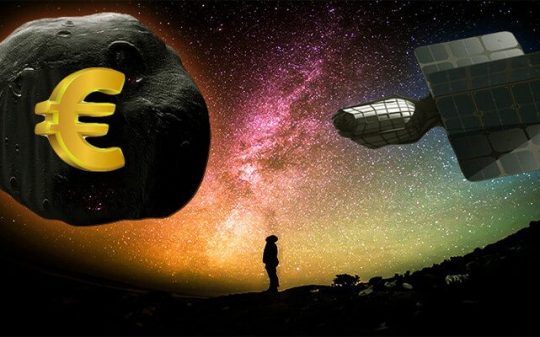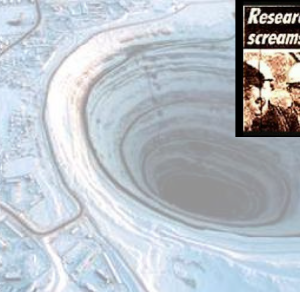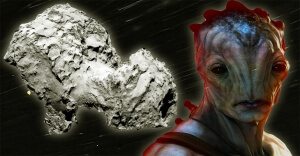Luxembourg wants to innovate space exploitation by launching the first water-powered spacecraft to mine asteroids.
An important and at the same time revolutionary agreement has been signed between the tiny European country of Luxembourg and a California-based asteroid mining company. The deal will have the country’s government cover substantial research costs for the American company Deep Space Industries (DSI). Together, they’ll co-develop DSI’s first prospector craft – the Prospector X, that’s aiming at mining relevant resources from asteroids.
Although the asteroid mining concept is not a breakthrough initiative, the propulsion system that’s going to be used by the Prospector X will surely revitalize the space industry. This novel concept will send a tiny spacecraft with a propulsion system based exclusively on water, and it’s going to bring down to Earth rare materials, including precious metals such as platinum and iridium.
“If you throw water out the back of your vehicle quickly enough, you get thrust,” DSI CEO Daniel Faber said. “This is important because, once we’re out of asteroids, one of the things we’ll have in abundance is water. However, no thrusters can currently use water in its native form.”
With a small thruster that utilizes only water, the Prospector X will test various asteroid mining technologies, including an optical navigation system that communicates to the spacecraft its exact position in relation to a near Earth object, and an avionics core that can withstand powerful blasts of cosmic radiation. However, the most novel piece remains the water-fueling technology that, if successfully developed, will bring our species a step closer to affordable space exploration and exploitation.
“Deep Space Industries’ ultimate goal is to be building huge structures in space that could house thousands of people,” Daniel Faber told Gizmodo. “To do that we need to get to the point of extracting asteroids and making those resources available.”
DSI has confirmed that the above mentioned technologies are already in a level of commercial development, and when the final products will be ready for use, they plan to help the satellite market by selling them some of the assets.
It’s no surprise that Luxembourg- a small but at the same time wealthy country- has decided to take a risk on space mining. Because of its narrow territory the number of terrestrial resources is limited, that’s why a successful Prospector X mission would set a new milestone for Luxembourg (and Europe alike), providing access to abundant resources found outside of our planet.
The goal is relatively near, as Luxembourg already has several promising satellite operators, and the national space program has studied novel, deep space propulsion technologies known as solar sails – a huge, ultra-thin sail unfolding in space, utilizing the pressure of sunlight to obtain propellant-free transport, hovering and exploratory capabilities.
Asteroid mining is a daring concept envisioned by many other countries and organizations with a considerable investment budget. Only last fall, Obama signed the US Commercial Space launch Competitiveness Act, making asteroid mining fully legal in the United States, and nevertheless, allowing American companies to keep any resources they can extract in space.










